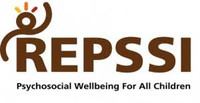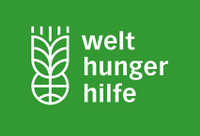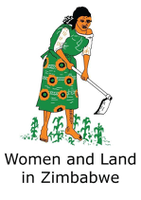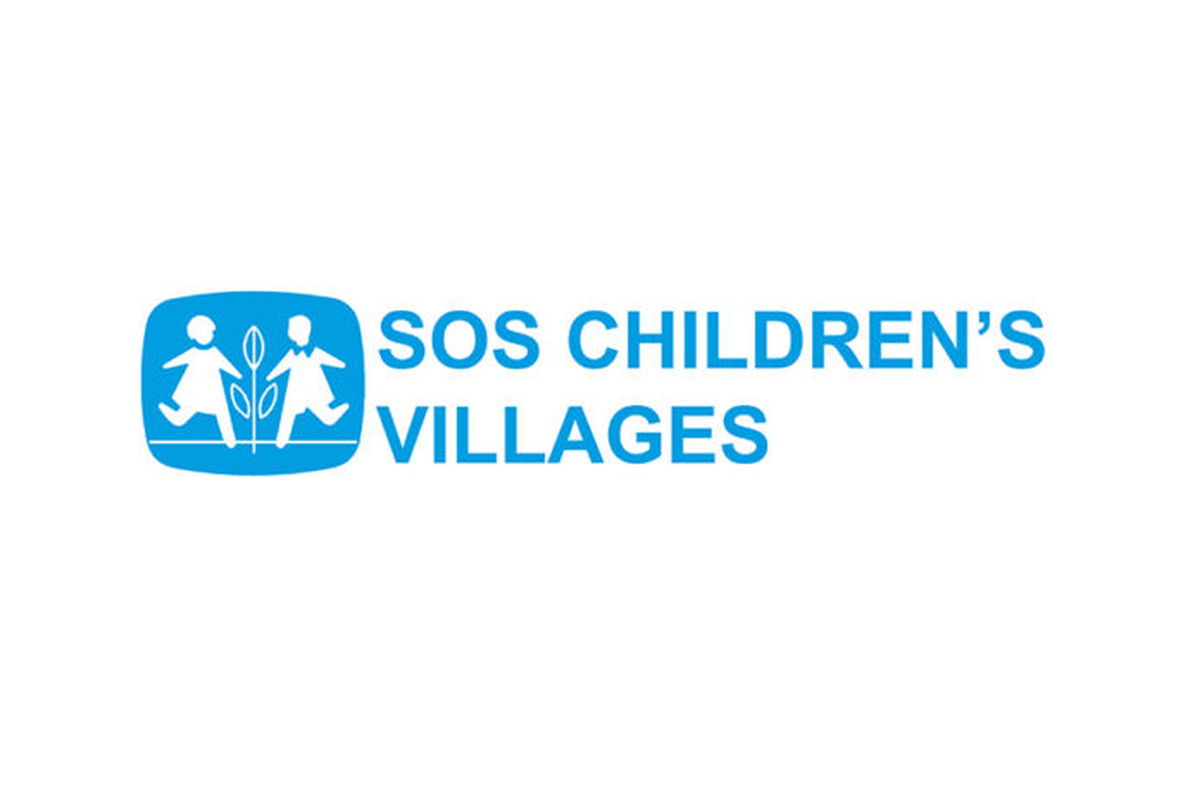Terms of Reference for Evaluation : P4400 Enhancing Disability Inclusive DRR Capacities and Strengthening Resilience against Climate related Disasters in Southeast African Region
Consultancy, Research Jobs
- Regional Psychosocial Support…
- Expires 13 Mar 2024
- Harare
- Full Time
Job Description
Over the past decade, disasters have increased both in complexity and multiplicity, worsening the plight of vulnerable communities the world over. Many countries in Southern Africa have devised coping mechanisms to mitigate the impact, but Zimbabwe, Zambia and Malawi remain susceptible to disasters. Communities, government, and non-governmental organizations have come up with different mitigation strategies. A feasibility study recently conducted established gaps in DRR, specifically lack of disability inclusion in the pre-disaster actions. Against this backdrop, the establishment of inclusive disaster risk reduction systems and inclusive climate change adaptation strategies is essential. The main objective of this project is therefore to contribute to reducing the increased risk of persons with disabilities in climate change-related disasters by strengthening inclusive disaster risk reduction processes and climate change adaptation processes at regional level, national level and at community level. At community level, the project capacitates communities to adapt and improve agricultural production through trainings on demonstration plots, strengthen inclusive community early warning systems and early action protocols, the project will also promote inclusion of persons with disabilities in local disaster risk reduction committees among other initiatives. At National level, key actors in Disaster Risk Reduction and Climate Change Adaptation will be strengthened in their capacities so that inclusion aspects are considered in policies and legal guidelines. At regional level, through capacity building of Organisations of Persons with Disabilities (OPDs), further advocacy will be done to influence regional processes to address inclusion as a cross cutting issue.
Duties and Responsibilities
Participation of national and regional OPDs in regional conferences and political processes (e.g. SADC, COP, GPDRR)
1.2. Promote exchange on inclusive disaster risk reduction (DRR) between governmental and non- governmental actors in the three countries.
1.3. Strengthening SAFOD's capacity for inclusive DRR and for influencing regional policy processes in DRR.
1.4. Development of evidence-based best practices from the three target countries
2.1 Mapping of the national situation of persons with disabilities in disaster risk reduction strategies and mechanisms
2.2 Training and mentoring of national state actors (as duty bearers) on the topic of inclusive disaster risk reduction.
2.3 Training and mentoring of UN agencies and civil society actors on inclusive disaster risk reduction.
2.4 Building the advocacy capacity of national OPDs in the three target countries on inclusive DRR and influencing national policy processes on DRR.
2.5 Support the development of inclusive early warning systems/messages
2.6 Analysis of the possibilities of safety mechanisms, formal and informal (community) safety nets
3.1 Carrying out Barriers and Enablers Assessments in conjunction with Capacity and Vulnerability Analysis (CVA)
3.2 Collection of disaggregated data on disability and integration of the data into disaster risk
reduction planning at community level.
3.3 Strengthening the capacity of local disaster risk reduction committees / mechanisms
3.4 Strengthening local OPDs/self-help groups in the field of advocacy/inclusive disaster risk reduction
3.5 Establish local early warning systems and protocols for early action (community-level disaster risk reduction plans).
3.6 Raise awareness of inclusive DRR in schools and involve students and young people in DRR- related activities.
3.7 Support for the establishment of inclusive savings groups (VSLA)
3.8 Capacity building to adapt and improve agricultural production
Qualifications and Experience
Methodology
The analysis will be participatory, inclusive, and consider safeguarding principles. The methodology will be decided in collaboration between the consultancy team, the implementing organization, and CBM. The involvement of diverse stakeholders, including people with disabilities, will be ensured through accessible venues, translators, and additional accommodations as needed.
The methodology will include but not be limited to:
Desk Review:
Conduct a comprehensive literature review to understand the existing formal and
informal safety mechanisms.
Analyze relevant policies, regulations, and frameworks governing safety nets.
Stakeholder Interviews:
Identify and interview key stakeholders, including government officials, community
leaders, NGOs, and individuals benefiting from safety nets.
Use a semi-structured interview format to gather qualitative insights.
Surveys and Data Collection:
Design and administer surveys to collect quantitative data on the impact and reach of
formal safety mechanisms.
Collect data on informal safety nets through focus group discussions and case studies.
Comparative Analysis:
Analyze the strengths and weaknesses of formal and informal safety mechanisms.
Compare the reach, efficiency, and sustainability of different safety nets.
Risk Analysis:
Conduct a risk assessment to identify potential vulnerabilities in existing safety nets.
Evaluate the resilience of safety mechanisms in the face of external shocks.






